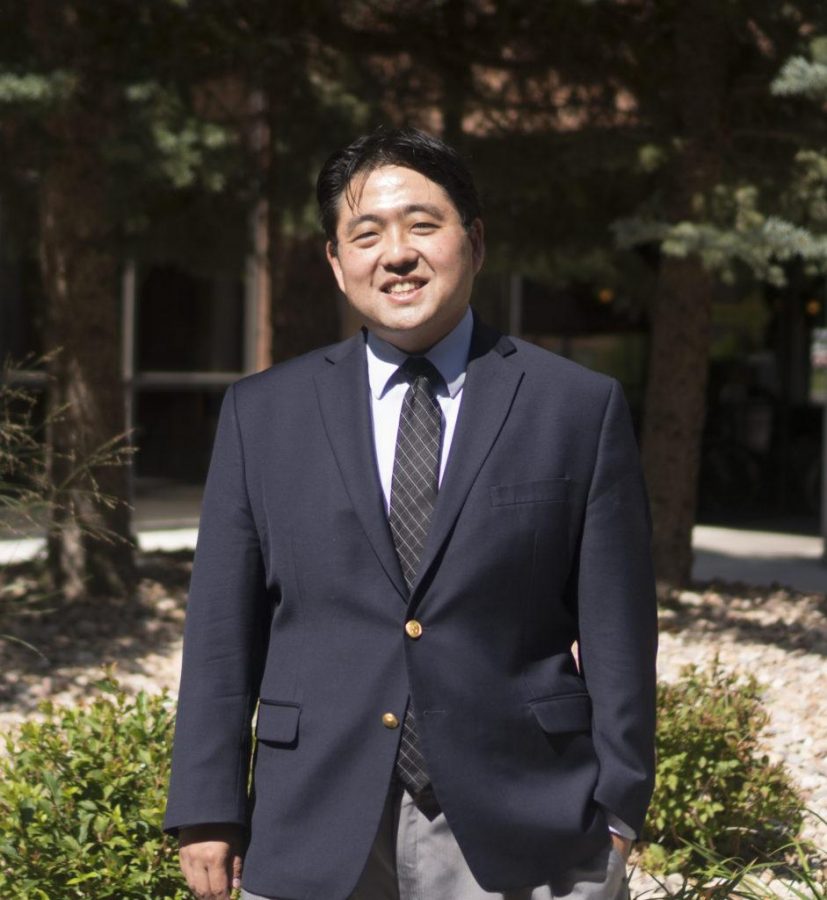A professor of biomedical informatics and associate chief medical information officer at University of Utah Health was appointed to the United States Health Information Technology (HIT) Advisory Committee. Kensaku Kawamoto will serve a 3-year term.
At the beginning of August, the U.S. Government Accountability Office (GAO) announced the addition of 15 appointees to the committee through a press release. Each will serve either a 1-, 2- or 3-year term, with the potential to be reappointed for a second term. Kawamoto is among five members with the longest term.
The 21st Century Cures Act, passed in December 2016, created the HIT Advisory Committee. According to the agency’s press release, this new committee’s purpose is to provide recommendations to the national coordinator for HIT on “policies, standards, implementation specifications and certification criteria relating to the implementation of a health information technology infrastructure that advances the electronic access, exchange and use of health information.”
The appointees are tasked with improving how health information is managed and exchanged to improve access to health care and treatment for patients in the U.S. Kawamoto plans to achieve this goal by focusing on standardizing electronic health records (EHR).
“In most areas of our lives, we expect our electronic tools to help us make decisions,” Kawamoto said. “Amazon will give you recommendations and feedback on purchases, various websites can guide you through booking a flight. But in healthcare, for both patients and providers, the amount of electronic intelligence support that is in the system is fairly low.”
Kawamoto joins the committee with a unique viewpoint. He has held many positions in the health technology field, including serving as co-chair for the Health Level 7 (HL7) Clinical Decisions Support Work Group. HL7 refers to an international set of standards for patient information sharing between health care providers. While working with this group, Kawamoto identified a communication lag between evidence and practice within EHR system. Improving that issue will consume the majority of his 3-year tenure.
“It is extremely valuable to have a range of perspectives and expertise in helping the government address challenges related to health information technology,” said comptroller general of the GAO Gene Dodaro. “GAO received nominations for many highly qualified individuals, and I’m pleased to announce this first round of appointments to the HIT Advisory Committee.”
While this effort has proven to be a difficult challenge, Kawamoto hopes to see improvement in EHR communication in five to 10 years. The work accomplished by the federal government and other researchers working with Kawamoto in the U’s Biomedical Informatics Department has started to pave the way. However, according to Kawamoto, they are only getting started.
“What’s needed is better coordination and some focused resourcing on key enablers to make this happen and accelerate it,” Kawamoto said. “We want to know how we can take the best evidence and incorporate those best practices in close to real time across the nation through electronic systems. If we discover something tomorrow, then we don’t have to wait until 2030 before most people in this country are cared for according to the new evidence. We discover, manage and distribute that knowledge so that providers and patients have access to that information.”
j.mumford@dailyutahchronicle.com



